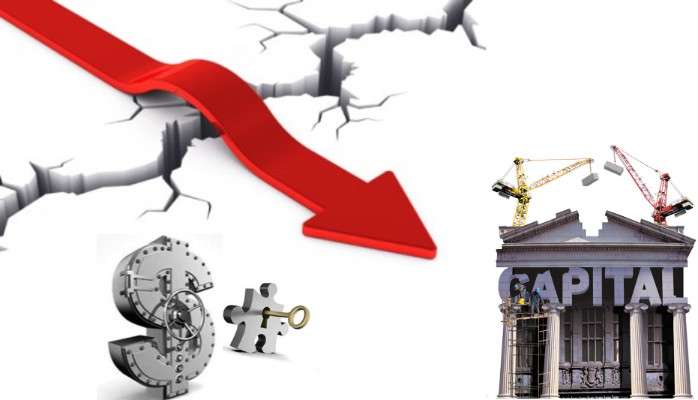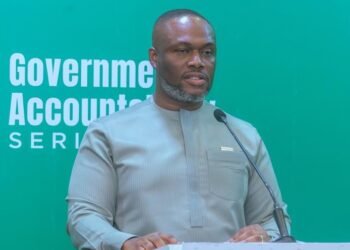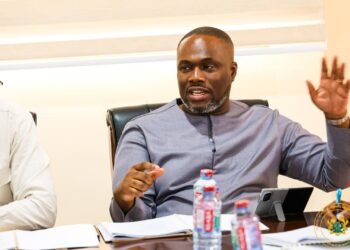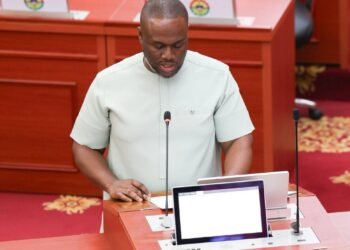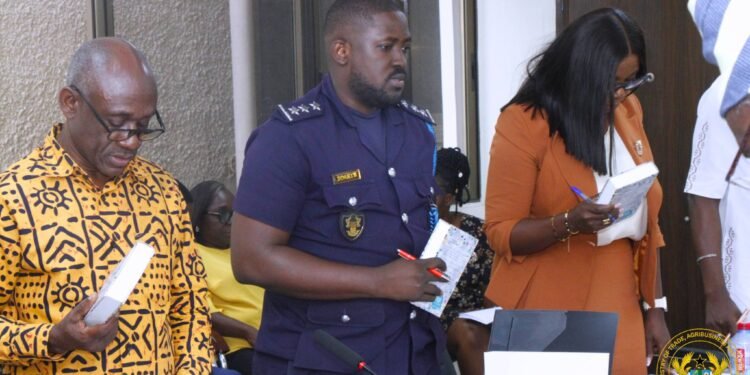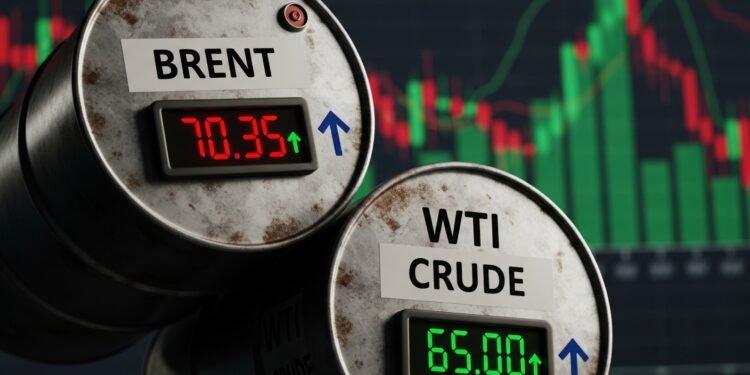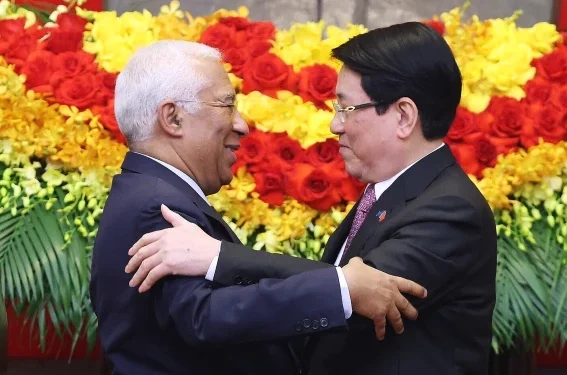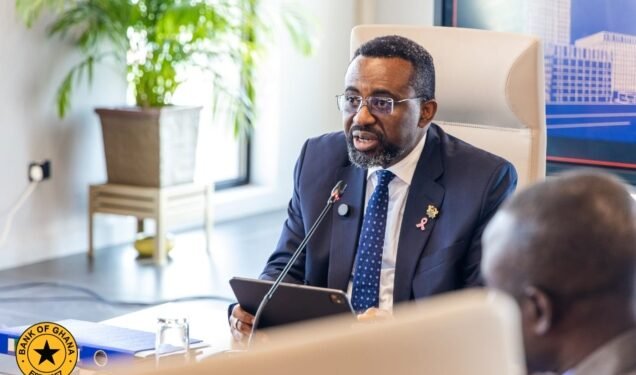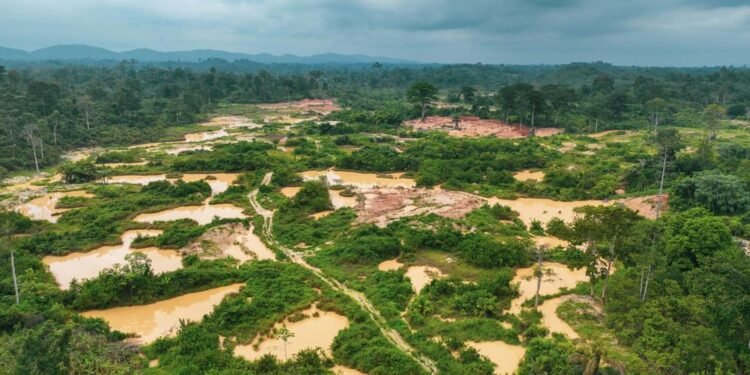Every day, the curtain parts open and reveals the dramatic display of live cupidity, corruption and an insatiable greed birth from an unsatisfied individual or institution, which invariably trickles into the very fabric of society, corrupting it like a plague.
Ghana lately has been set alit with the scourge of scandals of corruption and collusion by state officials and institutions expected to be servants to the country.
Expected to lead and live above reproach, they are seemingly almost consumed by wanton need to grab more instead. With such mercilessly antics, the only way to cover their back is by most often ferreting out the loopholes, or an attempt to create one to justify the need to undertake their mandate.
Well, for the past weeks, although the public’s glare is still on the staggering amount of money found in the home and bank accounts of a public official, it has gotten a lot more interesting as the behemoth of the financial institutions being BoG, pretty much cut of its nose to spite the face by publishing its 2022 Annual Report and Financial statement.
Like nothing of recent times, it has caused such an uproar, and rightly so, incensing not just the opposition party but the ‘ordinary Ghanaian’ – who is not so ordinary in discernment anymore. The tone of sheer betrayal of trust with the GHC60.8 billion losses recorded by the Central Bank, and its almost ‘insensitive’ decision to build a new headquarters at whopping $250 million, among others, at such a critical and almost bleak time for the nation, has entrenched an even legitimate reason on why the country requires an overhaul.
Gaining some perspective into the role of the Central Bank of every country, will certainly expose the precarious situation the country finds itself in. Being the most powerful economic institution in the country as it manages the country’s monetary policy, Bank of Ghana certainly has the legal mandate to lend money to government in times of crisis so that the engine of government business is well-oiled- but not to the detriment of the financial health of the country, especially when the Central Bank is often regarded as a lender of last resort when all else fails.
Stilling choppy financial waters
The defense antic and almost evasive response following justifications for the new headquarters, losses recorded, and other valuable matters has further deepened the wounds of regret from the public over government’s ineptitude and slow response to rectifying such misdeeds.
Corruption, regardless of the degree and form it takes – whether the alleged collusion to rip the nation off, or perhaps cream the fat of a deal, despite its relativity, always harms the unsuspecting citizen who has chosen to trust the mind of a government who speaks with such conviction at resuscitating the country and surprisingly does the opposite by engaging in deals, negotiations and investment agreement that works more or less against the interest of the country.
Indeed, the bank’s failures have opened up Pandora’s box, and the huge hole in banks’ balance sheets isn’t going away. While allegations of breaches of financial regulations, corruption and clandestine motives persists, real questions are being asked regarding not just the performance of BoG but its efficiency in delivering on its mandate by guaranteeing price stability and other critical matters as inflation yet again soars.
Truth of the matter is justification for a misdeed only aggravates complicity in the matter, especially when banking regulations such as the PFMA was kicked to the curb as the 5% threshold limit was disregarded in its dealings with the government and writing of its loans.
Yes, government at the time may have needed to finance critical expenditures for which Bank of Ghana provided the necessary financing to avert a “disorderly default” of both servicing of domestic and external debt including financing critical imports to keep the economy on the stable path – but to what end, especially now that it requires a bailout itself.
Calling for the resignation of the BoG Governor now will certainly do little in ameliorating the plight of the ailing economy, although it may ease the minds of people that at least there wouldn’t be further damage. However, beyond that, answers to real questions in ensuring transparency, accountability and goodwill to Ghanaians remains dominant.
A financial institution of this magnitude cannot be seen as the weakest link in the woes of the country’s drowning economy, more so at a time when IMF is keenly watching government’s activities to ensure its money is being utilized effectively. Yes, an inquiry is needed, but more importantly, the laws of the country must work again without politicizing the weaknesses of officials and public institutions by writing them off like a bad debt.
Like the mythology on Pandora, the last item which got trapped in the box was hope, and as Ghanaians wait with bated breath to see real action, they only clamor for that relief in an ever-evasive ‘hope’ for a better future and state of country.

